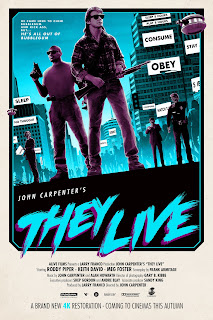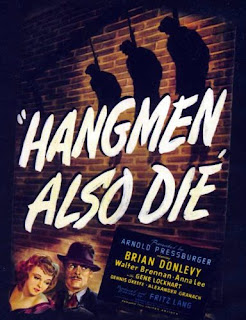FREE ON CINEGEEK.DE Wim Wenders - Faraway, So Close
Six years after "Wings Of Desire" (1987) Berlin was no longer the same city. Lucky for Wim Wenders, who had announced in the last picture of "Wings Of Desire": to be continued. This sequel - Faraway, So Close! - Wenders could now shoot in the reunited Berlin! That was 1993. Berlin, an adventure playground. While districts like Prenzlauer Berg or Mitte still looked like after the war, all over Potsdamer Platz construction cranes were growing into the sky. You remember; in "Wings Of Desire", Potsdamer Platz was still a green meadow. In part 1, an angel was left behind, alone on the Victory Column. His name is Cassiel (Otto Sander) and just like his friend Damiel (Bruno Ganz), who transformed into a human being in the first part, Cassiel has only one goal: To be close to people. He would love to be one of them! Just as both parts of Berlin were reunited, so it is with the angels Cassiel and Damiel. What does it mean to be alive, especially in Berlin 1993? When the material and spiritual worlds merge? Damiel became human because he loves the beautiful artist Marion (Solveig Dommartin). Cassiel transforms himself to save a little girl from falling off the balcony of a typical prefabricated building on Alexanderplatz. Cassiel, whom we see in colour after his incarnation, simply calls himself Karl Engel. He soon realizes how difficult it is to be human. He feels lonely and desperate. He has no money and no apartment, drowning his sorrow in alcohol. He complains to his beautiful girlfriend Raphaela (Nastassia Kinski), her sign Engel, that he no longer recognizes what lies beyond the horizon. By the way, Cassiel can no longer see or hear Raphaela as a human being. He still feels her, sometimes something tickles him. That's why Cassiel is sitting at the Hackescher Markt station, begging - when he meets Lou Reed. Lou Reed certainly knows the feeling of being at the bottom of the ladder: "You can do it"; says Lou. And Cassiel is still a guardian angel with a mission! He watches the girl he saved being shadowed by private detective Winter (as always as Philip Winter: Rüdiger Vogler). Is Winter looking for the girl's guardian, the chauffeur Konrad (Heinz Rühmann)? Here the trail leads back to the Nazi era in Berlin. Then the windy businessman Tony Baker (Horst Buchholz) appears, who is also related to Konrad and the girl... While Cassiel is confronted with moral decisions, the eerie Emit Flesti (Willem Dafoe) shadows him. I understand him as a kind of guardian of the universe. Or a fallen angel? He confronts Cassiel; "You are irregular". They exist, the former angels. Wenders is parading some of them. Mikhail S. Gorbachev, who thinks about the meaning of life, or Peter Falk, who can no longer see the angels, but feels their presence. Just like a child. "Wings Of Desire" was about love. "Faraway, So Close" was about the age-old struggle of good against evil. A fable that comes to life by showing the effects of this struggle on Germany in 1933, but also on Germany in 1993. Wim Wenders, whose "Wings Of Desire" had been banned in East Berlin at the time, is now allowed to balance his portrait of the divided German city with all its historical scars. With pretty good music by Lou Reed, Laurie Anderson, U2 and Nick Cave: "Cassiel's Song" and even more beautiful pictures than in the first part. P.S. At that time Wenders was accused of "Leni-Riefenstahl aesthetics". And that he offered the comedian of the NS era, Heinz Rühmann, the opportunity to present himself as a courageous man. I never shared this criticism. For me Faraway is, So Close! THE Berlin film par excellence. My memory of the exciting Berlin of the post-reunification period!

















